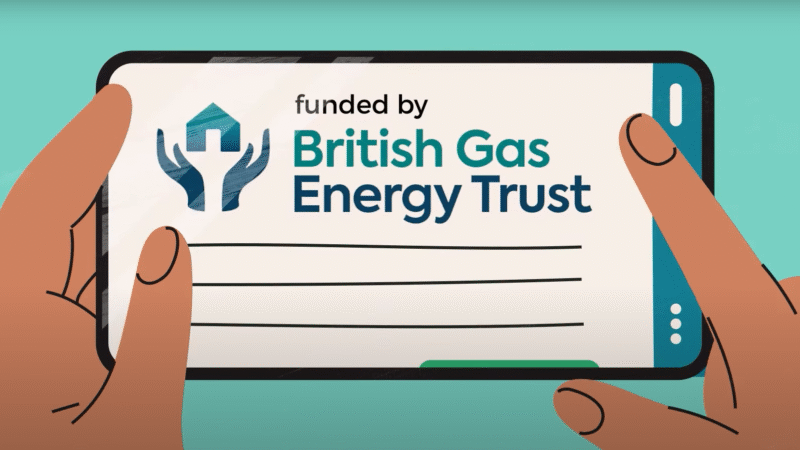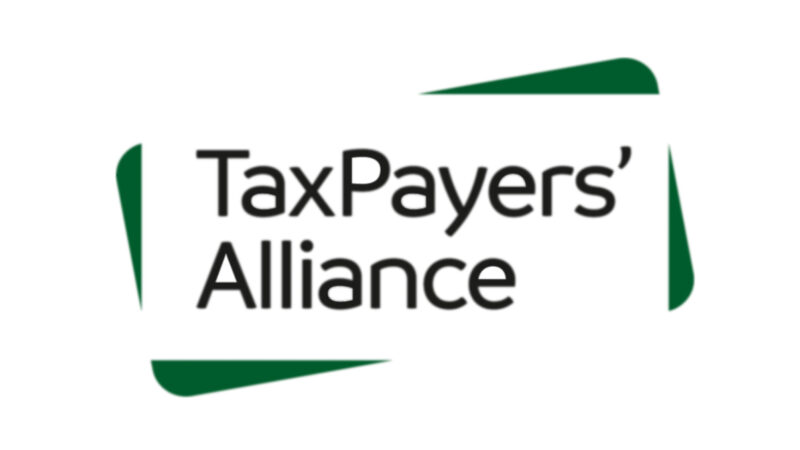UK leading the way on ESG, but greater transparency needed

The latest market analysis by digital identity specialists, ID Crypt Global, reveals that the UK business and industry is leading by example when it comes to Environmental, Social, and Corporate Governance, with the UK’s top five largest companies securing a far higher ESG score compared to those elsewhere around the world.
What is ESG?
Environmental, Social, and Corporate Governance (ESG) is a set of standards designed to measure a business’s impact on society and the environment, as well as how transparent and accountable it is.
Environmental concerns include reducing energy usage, using renewable energy sources to achieve net zero, developing greener products, reducing carbon emissions, and encouraging recycling.
Societal concerns include ensuring products are safe and customer data is secure, preventing abuses within the supply chain such as labour rights, promoting equality in the workforce, and investing in local community projects.
As for governance, it’s all about transparency and accuracy when reporting on company activities and revenue, ensuring no crimes such as bribery are taking place, and being open about how much money executives are being paid.
Benefits of ESG
The benefits of ESG are obvious and plentiful. It improves a business’s reputation, reduces waste and costs, attracts employees, attracts customers, strengthens and secures investments, and mitigates risks. Perhaps most striking of all, ESG prioritisation seems to significantly improve profit margins.
In fact, existing research shows how companies that have been focussing on ESG over the last three years are seeing sales increase at twice the rate of those who have not. Furthermore, profits for enthusiastic ESG adopters have grown at three times the rate of everyone else, while employee headcounts have grown twice as quickly as those who aren’t prioritising ESG.
However, one important detail to note is that ESG scores can vary from one provider to the next. Not only this, but the methodology used to obtain this score is rarely disclosed and this lack of consistency and transparency can cause confusion.
ESG Profit Growth
ID Crypt’s latest analysis reveals that, between 2019-2020, profit growth for businesses placing a greater importance on ESG was 9.1%, 5.4% higher than those not considering ESG an important function within their business.
The biggest difference was recorded in the US where 11% profit growth for pro-ESG businesses is 6.3% higher than those who do not consider ESG a priority.
UK leads the way on ESG scores
While US companies are benefiting from the biggest profit boosts, analysis by S&P Global shows that the UK’s biggest companies are actually outperforming the rest on the global stage when it comes to ESG implementation.
In terms of market cap, the world’s five biggest businesses are currently Apple (US), Microsoft (US), Saudi Aramco (Saudi Arabia), Alphabet (US), and Amazon (US).
Of these five, the best ESG score is awarded to Microsoft at 56/100. The lowest score goes to Amazon at 22/100, while all five average a score of 37.4/100.
Meanwhile, the five biggest UK companies – Shell, AstraZeneca, Linde, HSBC, and Unilever – are securing much more impressive scores, averaging 69.4/100.
Both Linde and Unilever score 81/100 and AstraZeneca scores 80/100. HSBC comes in at 62/100 while Shell has the lowest score at 43/100.
While Shell’s score the lowest of these top five UK giants, the oil and gas giant is still doing far better with ESG than its industry peer, Saudi Aramco (26/100), as well as Amazon (22/100), a company that often sells itself as one of the most forward-looking organisations in the world.
CEO and Founder of ID Crypt Global, Lauren Wilson-Smith, commented:
“ESG is about ensuring that the world’s business and corporate pursuits do not continue to cause irrevocable damage to the planet and its people.
Unfortunately, it’s primarily being used to identify the risks and opportunities that will affect a business and its long-term sustainability and success, while also increasing profits.
It’s also fair to say that the current methods of assessing an organisation’s ESG capabilities are inefficient and costly, to say the least. If we really want to drive ESG forward we need to make the process as straightforward and transparent as possible.
So while it’s great to see UK businesses performing well on the world stage, further work is needed to ensure that ESG practices are more widely adopted and for the right reasons.”






